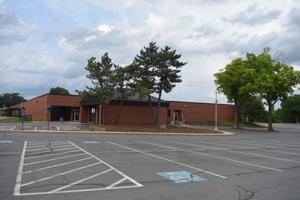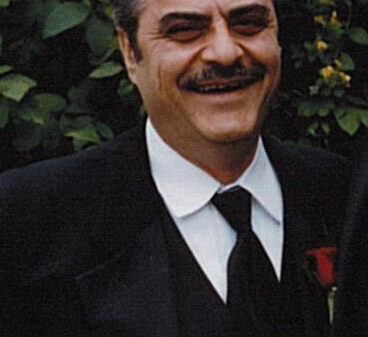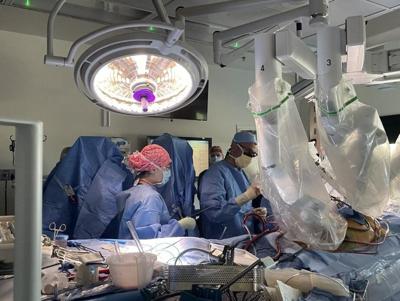Dartmouth Hitchcock Medical Center (DHMC) has made a significant advancement in cardiac surgery by becoming the first hospital on the East Coast of the United States, north of Boston, to perform minimally invasive mitral valve surgery using a surgical robot. The milestone procedure was conducted on August 15, 2023, marking a new era for heart valve repair at the facility.
The mitral valve plays a critical role in the heart’s function, connecting the upper and lower chambers on the left side. Mitral valve prolapse is a common condition that can lead to severe leakage and possibly permanent heart damage if left untreated. While replacing the valve with an animal valve is an option, surgical repair is often preferred. Nationwide, the success rate of mitral valve repair surgery varies, estimated at between 60% and 70%.
According to Dr. Henry J. Tannous, FACS, the section chief of cardiac surgery at DHMC’s Heart and Vascular Center, the center boasts a remarkable success rate exceeding 95% for repairing degenerative mitral valve disease. The introduction of robotic technology is expected to enhance these outcomes further.
Years of Preparation and Technological Innovation
The surgical robot, which has been in development for two decades, has gained popularity among patients only in recent years. Dr. Tannous and his surgical team dedicated a full year to prepare for its use, visiting hospitals in Atlanta, Manhattan, and Los Angeles to observe colleagues and gather insights on utilizing the technology effectively.
The launch of the robotic system coincides with the arrival of Dr. Jose R. Rodriguez, a new cardiac surgeon at DHMC who has experience conducting surgeries with the robot at his previous institution. Dr. Tannous noted that the comprehensive preparation made Dr. Rodriguez an ideal fit for the team. “When the day of the first surgery arrived, it was like business as usual,” he remarked.
The first two patients who underwent robot-assisted mitral valve repairs are already recovering at home, with additional surgeries scheduled for September.
Improving Precision and Patient Outcomes
Dr. Tannous emphasized that a collaborative approach is crucial for successful surgeries, and the robot serves as a valuable tool rather than the focal point of the procedure. It enhances precision significantly, offering magnification of ten times for suture placement and providing surgeons with enhanced dexterity. “The robot is a very fancy tool, but it can’t do the surgery or teach us how to repair a valve,” he stated. “It allows us to do a better job, which leads to better outcomes for patients.”
At present, the robot is exclusively utilized for mitral valve repairs, though Dr. Tannous expressed hopes to expand its application to other cardiac surgeries in the future. He highlighted the benefits of robotic surgery, stating that it is less invasive, which leads to shorter hospital stays and quicker recoveries.
“This is a procedure that patients are willing to travel long distances for. We’re thrilled to be able to offer it to patients in our region and beyond, without the need to go to a major city out of state,” Dr. Tannous added.
The advancement at DHMC not only reflects the hospital’s commitment to innovative healthcare solutions but also positions it as a leader in cardiac surgery, enhancing patient care through cutting-edge technology.








































































